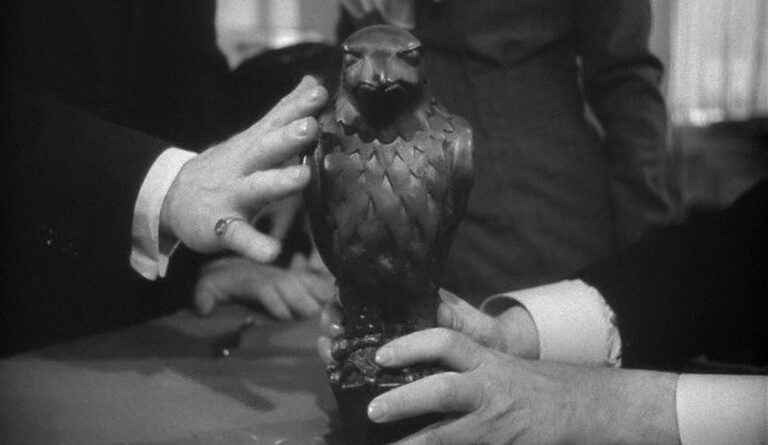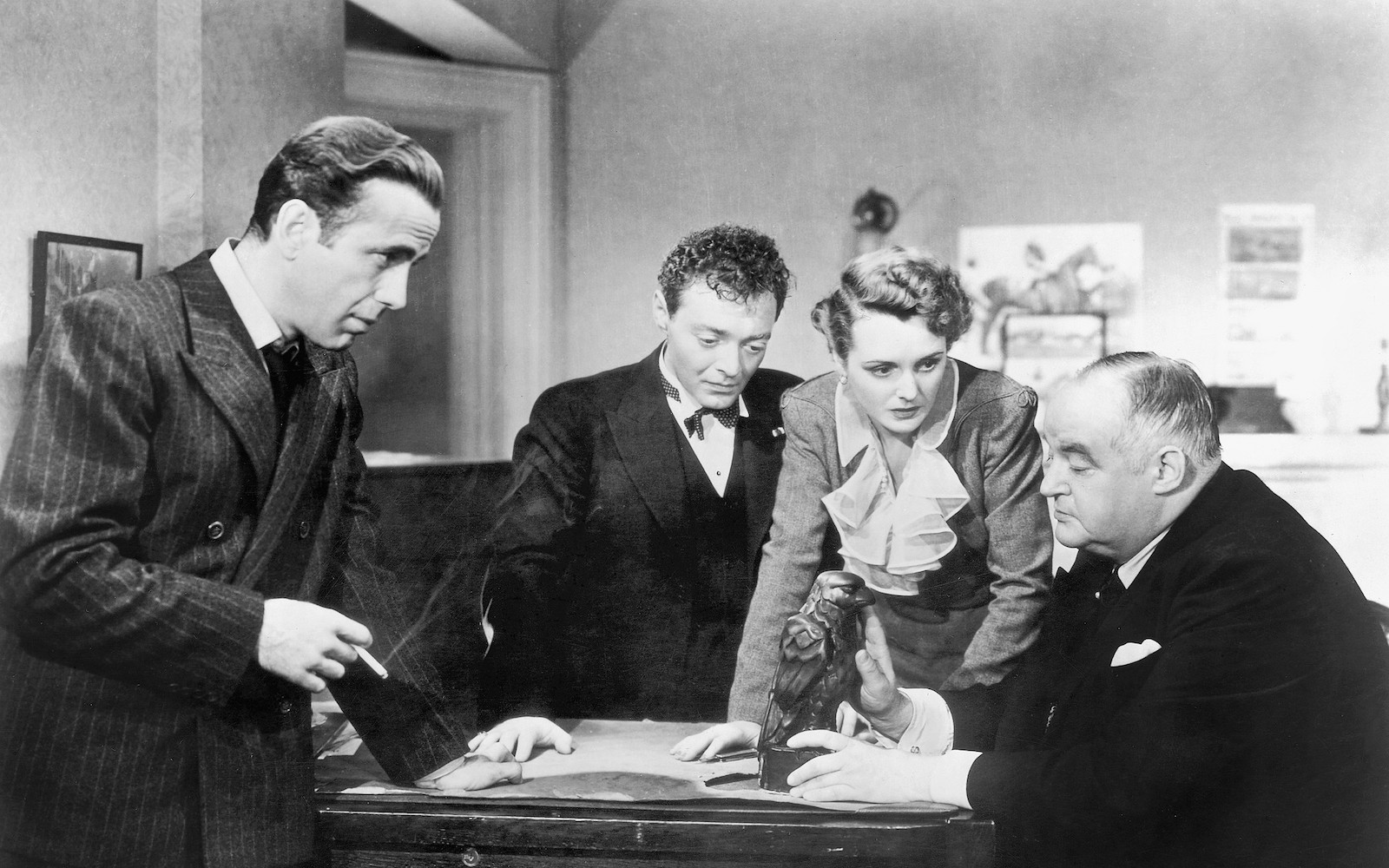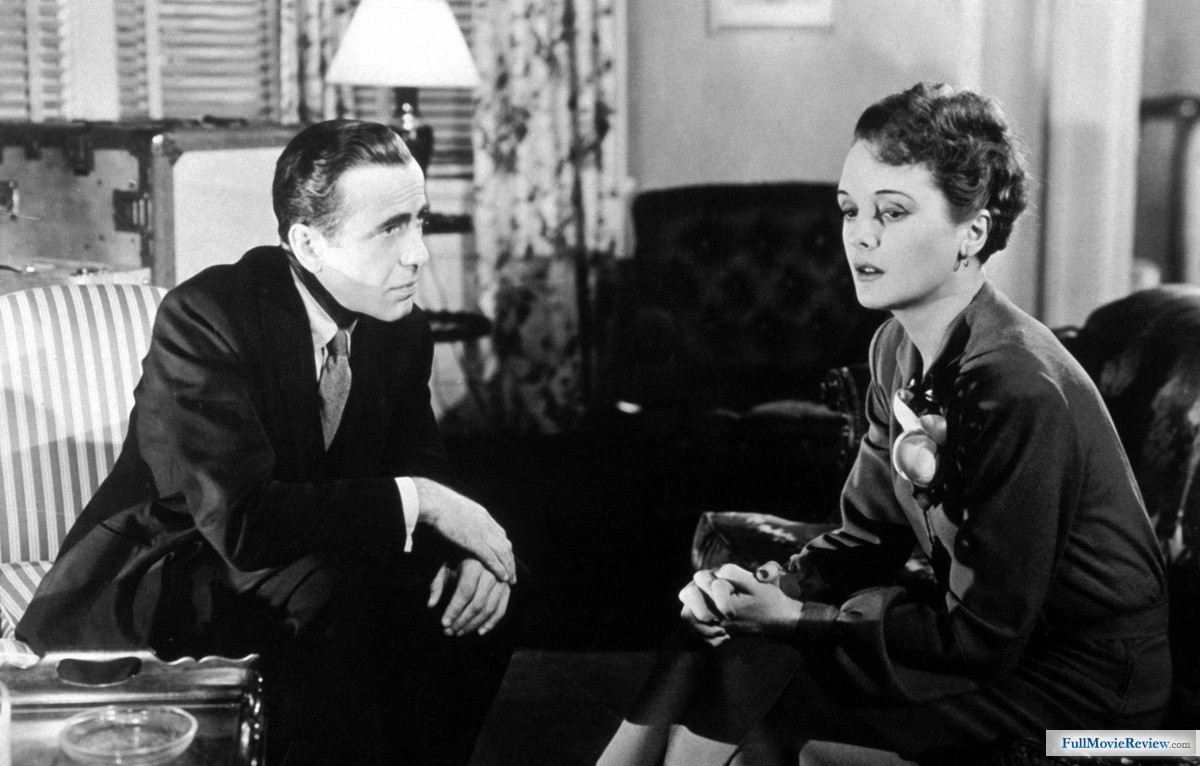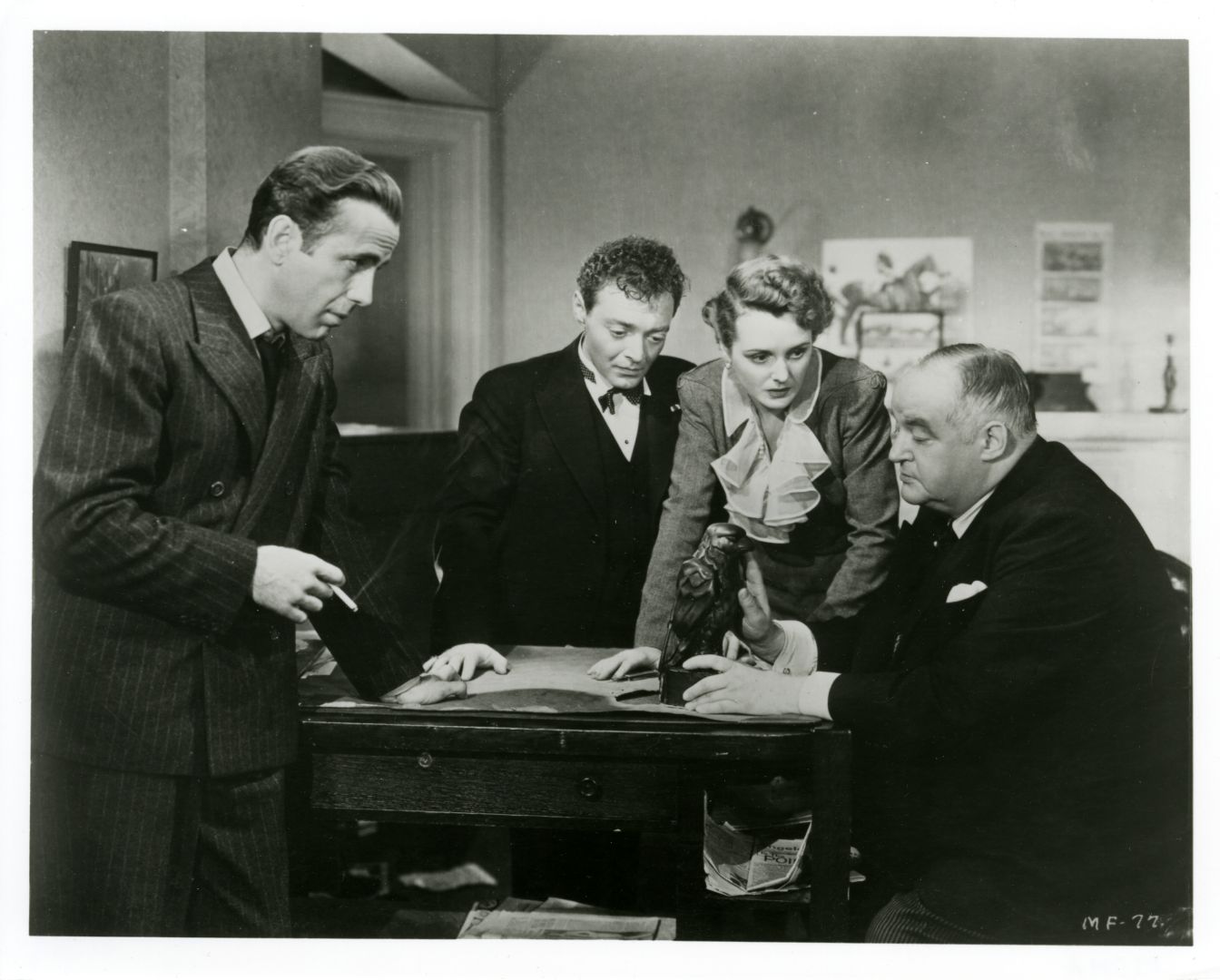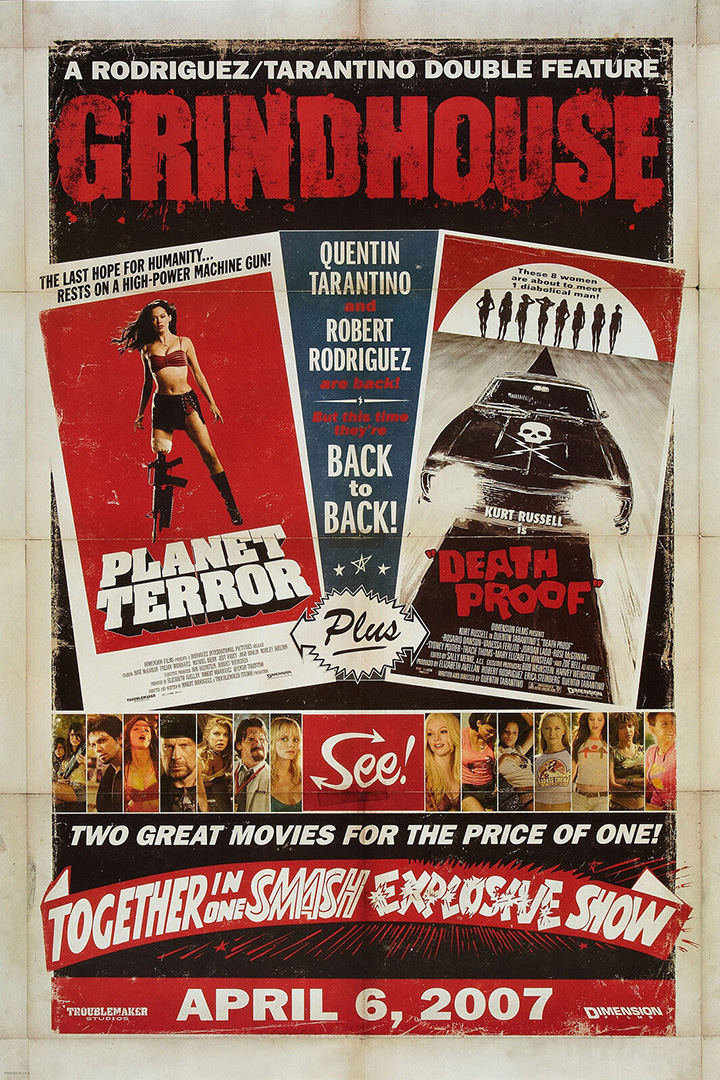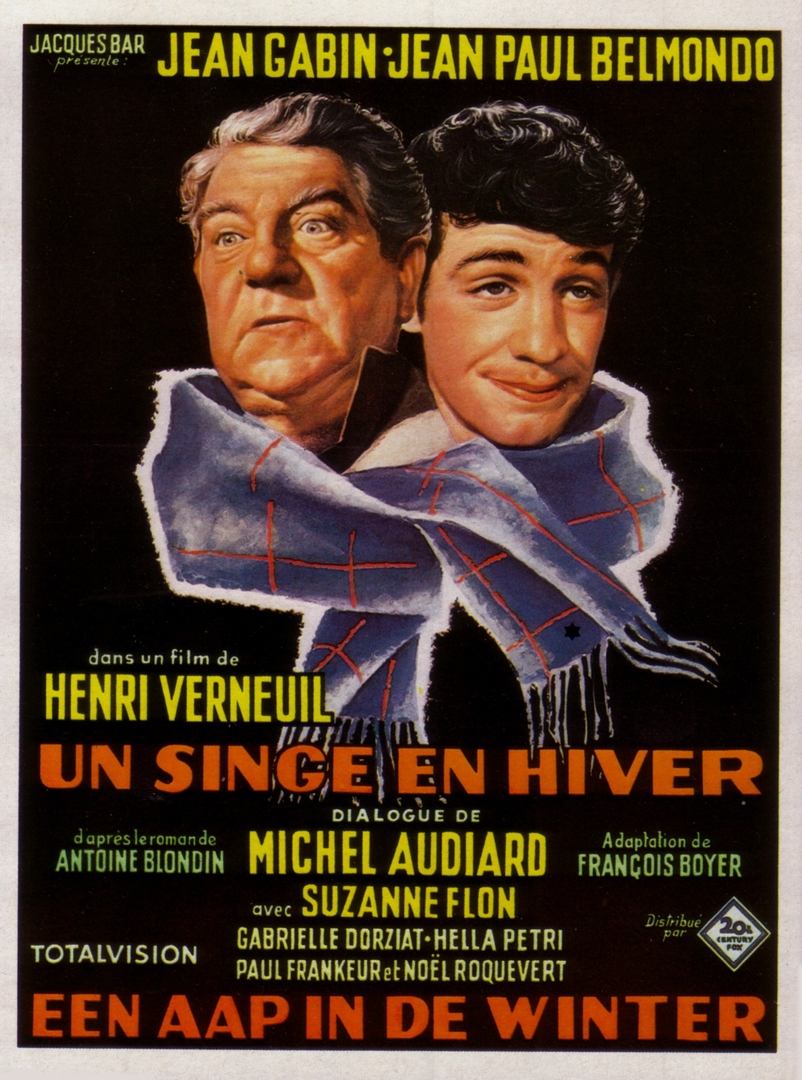The Maltese Falcon
Making lists is an activity moviegoers are fond of. Every year, the same ritual: compilation of the ten best films, with comparative analyses, debates, heated discussions. But what about the ultimate list of the most outstanding films in the history of cinema? That is to say, those films that must be seen, those that have forever transformed the art of cinema, but also our way of seeing a culture, of understanding the world as well as our own lives? This program aims to tackle this challenge with nearly eighty films, produced between 1916 and 1960, while waiting for your lists!
While investigating the death of his colleague, a private detective uncovers a series of murders that lead him to a valuable falcon statuette, coveted by unscrupulous individuals. This classic film noir, which was John Huston's first directorial effort, gave Bogart's career a new twist.
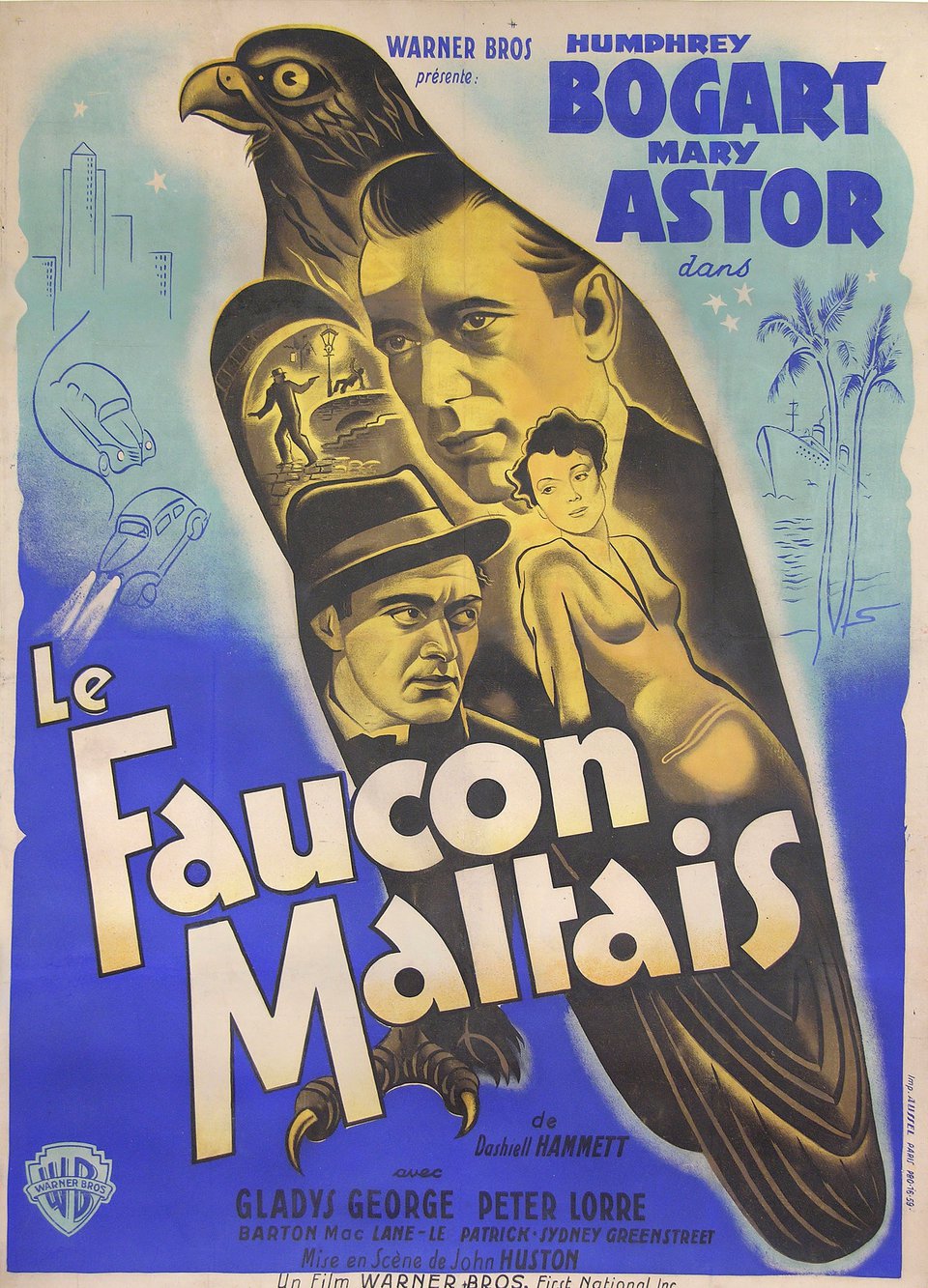
John Huston
Born in 1906 in Missouri, John Huston was the only son of journalist Rhea Gore and Canadian-born actor Walter Huston. He quickly abandonned his studies to start a career as a boxer, before trying his hand at acting in the footsteps of his father. During the following years, he lived in Mexico and Europe, while starting to write. Recruited by Hollywood, he wrote scripts for William Wyler, Raoul Walsh and Howard Hawks, among others, before starting to direct films in 1941 with The Maltese Falcon, which was an immediate success. During the Second World War, he shot documentaries while in the army. The major works he directed after the war allowed him to establish himself as a leading director, while also pursuing an acting career. Until the 1980s, he built a rich, unpredictable and heterogeneous body of work, just like his passionate life, divided between cinema, painting and horses, the United States, Ireland and Mexico.
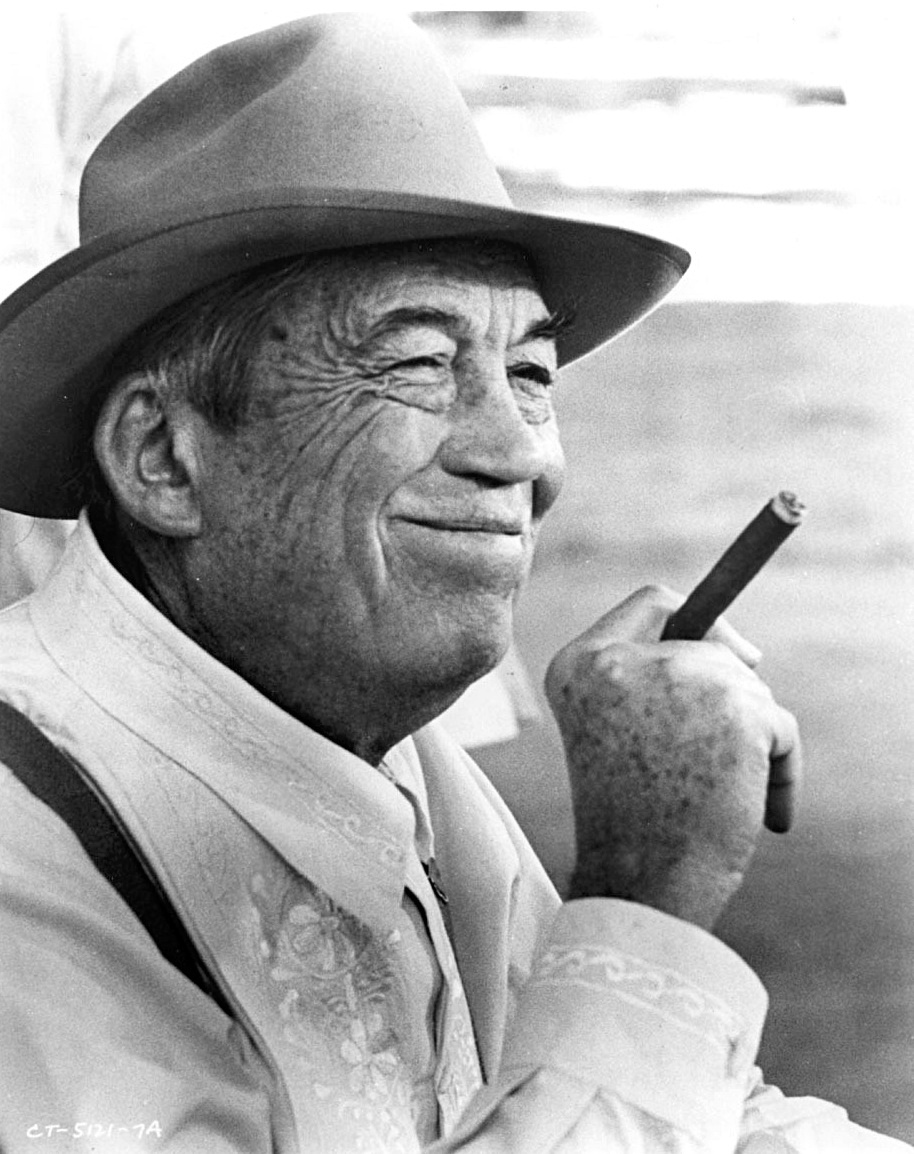
Explore
